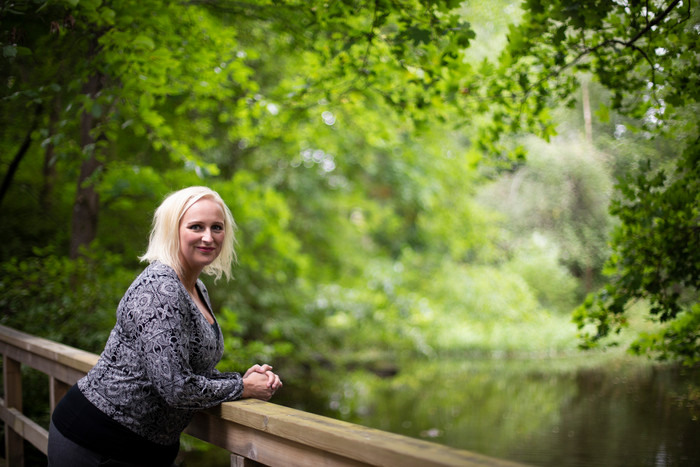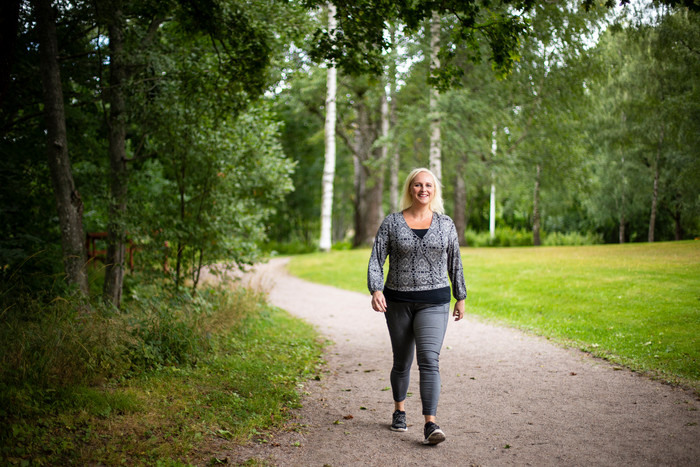A cancer diagnosis is a nightmare – both for the person affected and for her or his relatives. Life is put on hold, and this is often the start of a long fight for survival. Important decisions about treatment must be made at the same time that a tolerable everyday life must continue.
– Often the focus in healthcare is mostly on the medical aspects of cancer treatment and the more caring science-related issues can really be neglected. But in such a difficult and delicate situation, the cancer patient's caring science-related needs are of great importance for the person's quality of life, says Anna Efverman.
Focuses on reducing symptoms
She is an associate professor of Caring Science and works as a senior lecturer in the Study Programme in Nursing at the University of Gävle, where she conducts both research and teaching. Her research deals with the caring science aspects of caring for a patient before, during and after cancer treatment.
– My research focuses on reducing symptoms and increasing function, activity and work ability during long-term illnesses, especially those linked to cancer. This may involve supporting patients so that they can have a better everyday life during and beyond their bout with cancer, facilitating their return to work, improving quality of life and promoting a healthy life.







